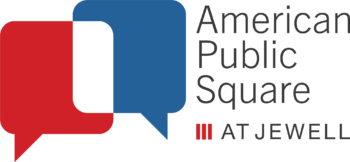In celebration of the investiture of UMKC’s Chancellor, Mauli Agrawal, Ph.D., American Public Square hosted a special event in partnership with UMKC on Tuesday, April 2 at 6:30pm at Unity Temple on the Plaza. The panel of nationally recognized speakers discussed how strong higher education institutions help foster collaboration, creativity and civil conversations.

The Role and Responsibility of the University of Foster Civil Dialogue
The Role and Responsibility of the University of Foster Civil Dialogue
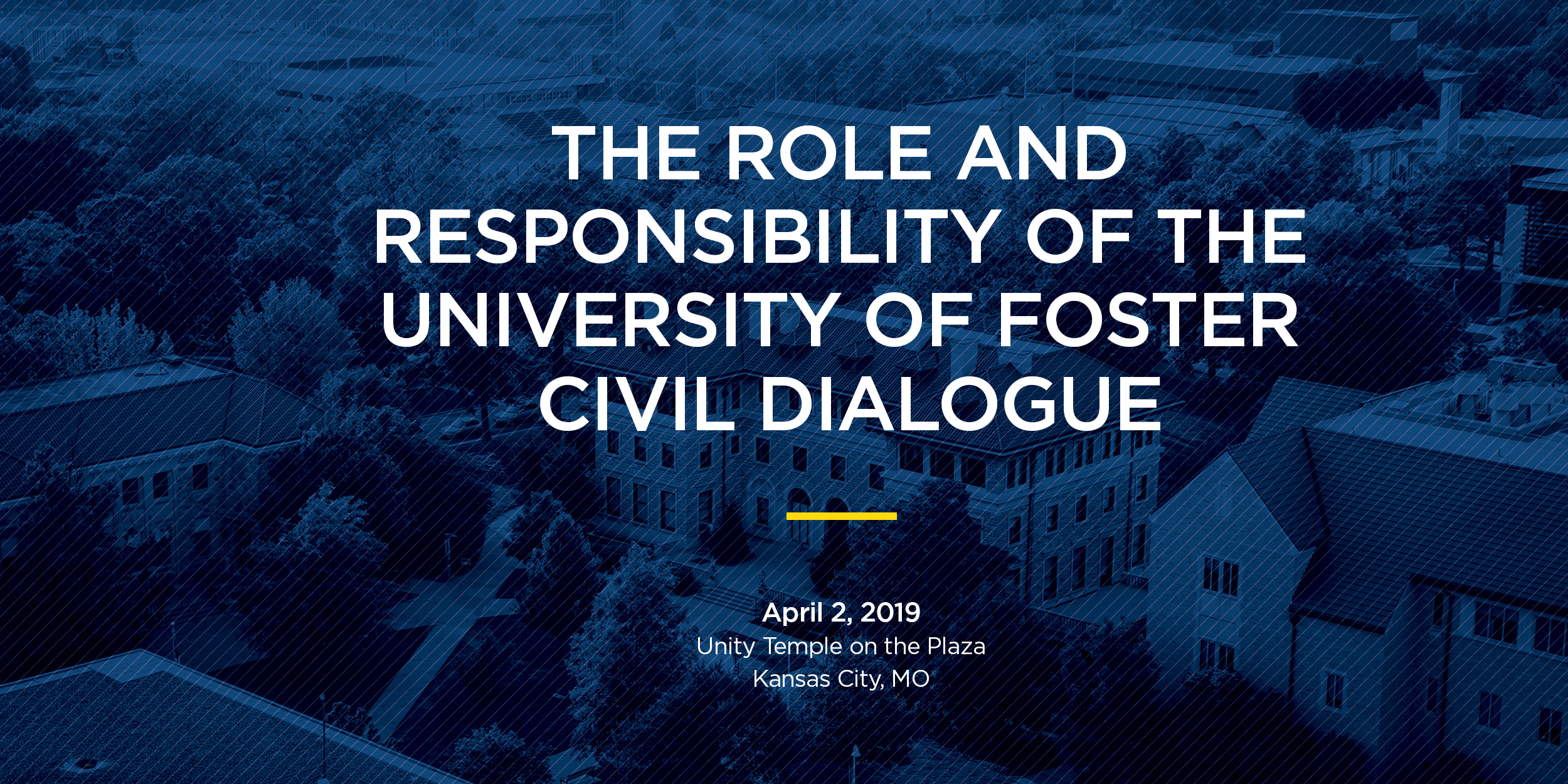

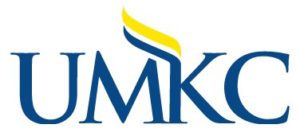
Video by The Kansas City Star and Church of the Resurrection Leawood
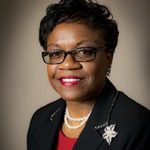
Panelists
Kimberly Beatty began her tenure as Metropolitan Community College’s eighth chancellor on July 1, 2017. She is the first African-American leader in the 103-year history of Metropolitan Community College and the only African-American CEO in the Missouri community college system. A champion of access and equity, Kimberly is devoted to the community college mission of providing access to higher education for all.
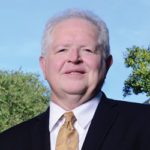
Randall Hanna has served as the dean and chief executive officer of Florida State University Panama City since 2016. He also serves as the dean of the College of Applied Studies for FSU. Randy previously served as chancellor of the Florida College System. He is known for his connection to the community and the students and is focused on developing programs to meet the needs of the community, the region, and the state.
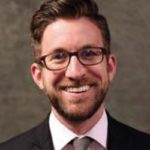
Michael McShane, a former high school teacher, is the author and editor of numerous books and white papers on education policy. He is currently an opinion contributor to Forbes, and his analyses and commentary have been published widely in the media, including in USA Today, The Washington Post, and National Affairs. He is also an adjunct fellow in education policy studies at the American Enterprise Institute and a senior fellow at the Show-Me Institute.
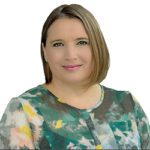
Margaret Talev covered Hilary Clinton’s 2016 campaign, Barack Obama’s 2008 and 2012 campaigns and two terms in the White House, and Congress. She is past president of the White House Correspondents’ Association and the Washington Press Club Foundation. Margaret is a CNN political analyst and was a 2018 fellow at Harvard’s Institute of Politics, where she led a weekly seminar on how President Trump is shaping U.S. and foreign institutions.
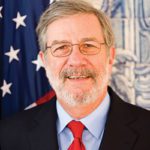
Moderator
Allan J. Katz, U.S. Ambassador to Portugal (2010-2013) and Founder of American Public Square



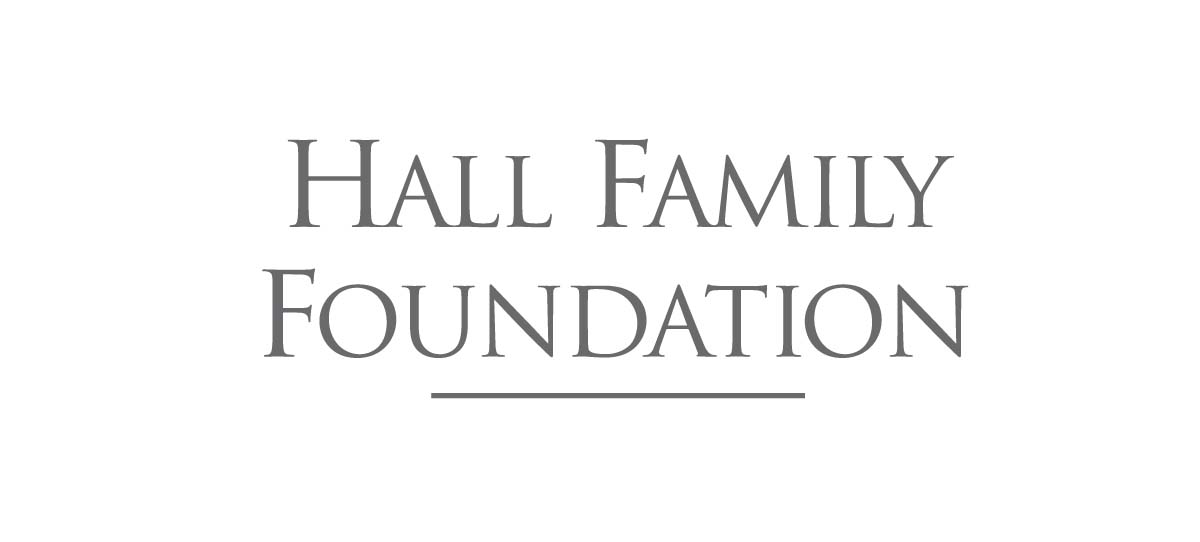


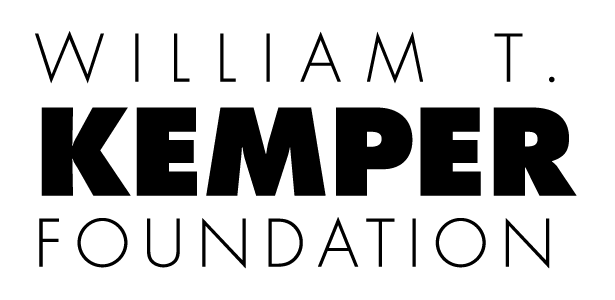
FACT SHEET
The Role and Responsibility of the University to Foster Civil Dialogue
The environment on college campuses has taken on an unexpected tone in the last few years, causing one college president to remark, “This is Not a Day Care. It’s a University!” His reference was to students who ask to be protected from speech and opinions they do not wish to hear (1). Explosive student protests over controversial speakers have alarmed and outraged college administrators, faculty and students, politicians of all ilk, and the general public. Speakers representing conservative viewpoints have been shouted down or disinvited at Middlebury and University of California at Berkeley, to name a few. An ACLU representative speaking on First Amendment rights was shouted off the stage at William and Mary. Freedom of speech and a willingness to listen to opposing views is being tested in our nation’s hallowed halls of intellectual inquiry.
While anecdotal reports of boycotting speakers make great headlines, a deeper look at polls of young people’s attitudes are illuminating. The General Social Survey recently found that “the public is growing more tolerant, and that young people…aged 18 to 34 are the most likely to support free speech.” The group polled was not limited to college students. Yet, in a different poll of only college students, 58 percent responded that they did not want “to be exposed to intolerant and offensive ideas” at college. Interestingly, 48 percent “think the First Amendment should not protect hate speech” (2).
Historian Jill Lepore tracks the “flip-flopping” in attitudes among college students over the last half century, noting that “…between the elections of Governor Reagan and President Trump, the left and the right would appear to have switched sides, the left fighting against free speech and the right fighting for it” (3).
Historically, a liberal arts education “emphasized civic duty and the development of the whole human being…. the main goal for free citizens of Greece and Rome was to participate in civic life.” Thomas Jefferson’s purpose in building UVA was to educate students for the professions and prepare them to be future government leaders” (4). Jefferson believed “An imperative of healthy democracy …is a body politic made up of well-informed, engaged, and empowered citizens, not least because they are often the source of the best ideas about how they should be governed.” Several hundred years later, university dean, Marissa Kelly, echoed Jefferson saying, “You cannot educate students to be morally responsible leaders if they are not committed to civil discourse” (5).
A number of states have legislated free speech on campuses. On March 20, President Trump signed an executive order requiring public academic institutions to exercise “free enquiry” as requisite for federal funding, even though colleges must uphold free speech under the constitution like everyone else.
Well before the presidential order, colleges were developing new initiatives to promote civil discourse. The University of New Hampshire employs Study Circles on campus and in the community. The University of Michigan assembled an “Intergroup Dialogue” on campus, and for 40 years the Kettering Foundation, with Franklin Pierce College, has used a National Issues Forums model for civil discussion (6).
A report entitled A Crucible Moment: College Learning & Democracy’s Future “builds a strong case for higher education’s responsibility, in collaboration with the larger society, for assuring that all students have the skills and knowledge they need to become informed, civically engaged citizens.” Students will also need to be “empowered by possessing a range of intellectual and practical skills. Civil discourse, a central skill of such civic learning, itself rests on core intellectual abilities at the very heart of powerful education…”(7).
The president of California State University–Monterey Bay maintains that “as a university, and by virtue of our mission and values, we [are] ideally situated to exemplify the respectful inquiry and dialogue that our nation needs to bridge the divide reflected in our political process and exacerbated by social media, socioeconomic segregation, rising inequality, and other social forces” (8).
References
- Everett Piper, “This is Not a Day Care. It’s a University!” Oklahoma Wesleyan University, January 17, 2019, original statement given December 1, 2015. LINK
- Robby Soave, “Some Pundits Say There’s No Campus Free Speech ‘Crisis.’ Here’s Why They’re Wrong.” Reason, March 19, 2018. LINK
- Jill Lepore. “Flip-Flopping on Free Speech: the fight for the First Amendment, on campuses and football fields, from the sixties to today.” The New Yorker, October 9, 2007. LINK
- “History of a Liberal Arts Education,” Liberal Arts School Review, March 31, 2017. LINK
- Terence S. Morrow. “The State of Civil Discourse on Campus and in Society,” Intersections, 33, 2011. LINK
- Andrea Leskes. “A Plea for Civil Discourse: Needed, the Academy’s Leadership.” Liberal Education, 99 no.4 (Fall 2013). LINK
- Leskes, “A Plea for Civil Discourse,” citing the National Task Force on Civic Learning and Democratic Engagement (2012). LINK
- Eduardo M. Ochoa. “Bridging the American Political Divide: The Role of Higher Education in Advancing Civil Discourse Spring/Summer.” Diversity & Democracy, 20 ⅔, 2017. LINK.
Suggested Reading:
Andrea Leskes. “A Plea for Civil Discourse: Needed, the Academy’s Leadership.” Liberal Education, 99 no. 4 (Fall 2013). LINK
